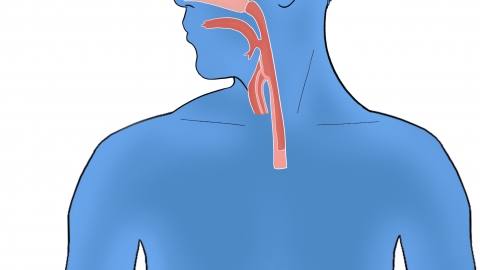What does esophageal SMT mean?
SMT of the esophagus refers to submucosal tumors of the esophagus, meaning neoplastic lesions arising from the submucosal layer of the esophagus. Patients are advised to promptly visit a hospital and follow medical advice for treatment. The analysis is as follows:

Most esophageal submucosal tumors are benign, although a small proportion may be malignant. Benign tumors include leiomyomas and esophageal stromal tumors, while malignant ones include malignant leiomyosarcomas, esophageal squamous cell carcinomas, and esophageal adenocarcinomas. Based on histological origin, benign esophageal tumors can be classified into intraluminal type, submucosal type, and intramural type. Malignant tumors vary according to pathological morphology and disease stage.
Symptoms of esophageal submucosal tumors may vary depending on tumor size, location, and nature. Benign tumors such as leiomyomas may only cause mild, intermittent dysphagia or dull pain behind the sternum; in contrast, malignant tumors may lead to severe symptoms including progressive dysphagia, retrosternal pain, hematemesis, and melena.
The prognosis for benign tumors is generally favorable, with low recurrence rates after resection; however, the prognosis for malignant tumors depends on factors such as pathological type, disease stage, and treatment strategy. In daily life, regular health examinations—especially gastroscopy—can help detect esophageal submucosal tumors at an early stage. During treatment and recovery, patients should maintain a light diet and avoid spicy or irritating foods such as Sichuan pepper, chili peppers, and mustard, to prevent interference with recovery.




